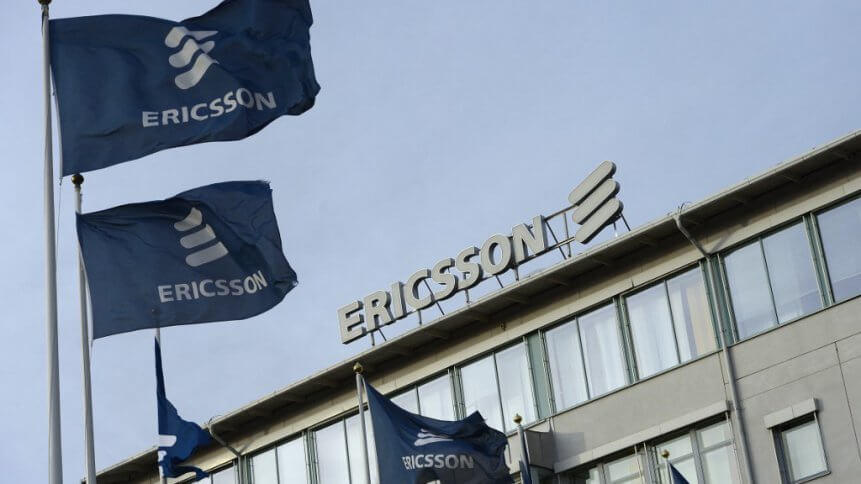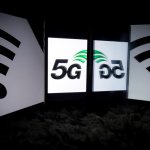
Swedish telecommunications equipment maker Ericsson this week said that the global rollout of 5G mobile networks helped boost its first quarter profits, although an ongoing contract dispute with Samsung hit sales.
Between January and March, Ericsson, a leader in supplying 5G network equipment, booked a net profit of 3.19 billion Swedish kronor ($377 million, 314 million euros), up 48% year-on-year and beating analyst expectations. At 49.8 billion, revenue was flat compared to the same period last year and slightly short of analysts’ predictions of over 50 billion.
But operating profit (EBIT) climbed 22% to 5.26 billion, the company said in a statement. “Networks sales grew organically by 15%, despite a decline in IPR (Intellectual Property Rights) licensing revenues,” chief executive Borje Ekholm said in a statement. The decrease in IPR license revenues was “mainly related to expired contracts pending renewal and lower volumes with one licensee,” the company said.
While 5G readiness in North America and Europe may have taken a hit from the pandemic, Ericsson expects these markets to regain momentum and hit renewed forecasts for 2025, which have inflated slightly since November: “Despite the uncertainty caused by the pandemic, service providers continued to switch on 5G, and more than 75 of them have now announced commercial 5G service launches,” Ericsson said.
Up until 2025, 4G (LTE) will remain the dominant mobile access technology by subscription, peaking at 5.1 billion in 2022 before dropping as more subscribers migrate to 5G. By 2025, 5G networks will carry nearly half of the world’s mobile data traffic, the firm predicts.
As 5G provides the power for better user experiences, immersive video formats such as 360-degree video, AR and VR could all contribute a hike in mobile consumption. For example, watching a streamed e-sports event in multi-view would consume about 7GB per hour, while a high-quality AR/VR stream with a bit rate of 25Mbps would consume as much as 12GB per hour.
Ericsson also forecasts 5G driving the rising trend of video game streaming on mobile devices, which could revolutionize the gaming market by reducing the need for specific games consoles: “Presently, some service providers with a 5G mobile broadband offering are partnering with cloud-based gaming providers to offer service-based packages on top of or within their 5G price plans,” read Ericsson’s 2020 Ericsson Mobility Report.
In late 2020, Ericsson filed a lawsuit in the United States against South Korean giant Samsung, which it accuses of having violated its contractual commitments concerning patent licenses. Ericsson had already announced that litigation would have a significant effect on its short-term revenues.
YOU MIGHT LIKE

How Ericsson is bringing 5G to the smart factory floor
The Swedish company warned that its operating profit could be impacted by one to 1.5 billion kronor (approximately US$177,403,500) per quarter from the first quarter of 2021, in particular, due to delays in the patent-related revenues. To date, Ericsson has signed 136 5G commercial contracts with operators around the world for 85 operational networks, the company told AFP.
It is one of three companies supplying the majority of fifth-generation network equipment, alongside China’s Huawei and Finland’s Nokia.
© Agence France-Presse









